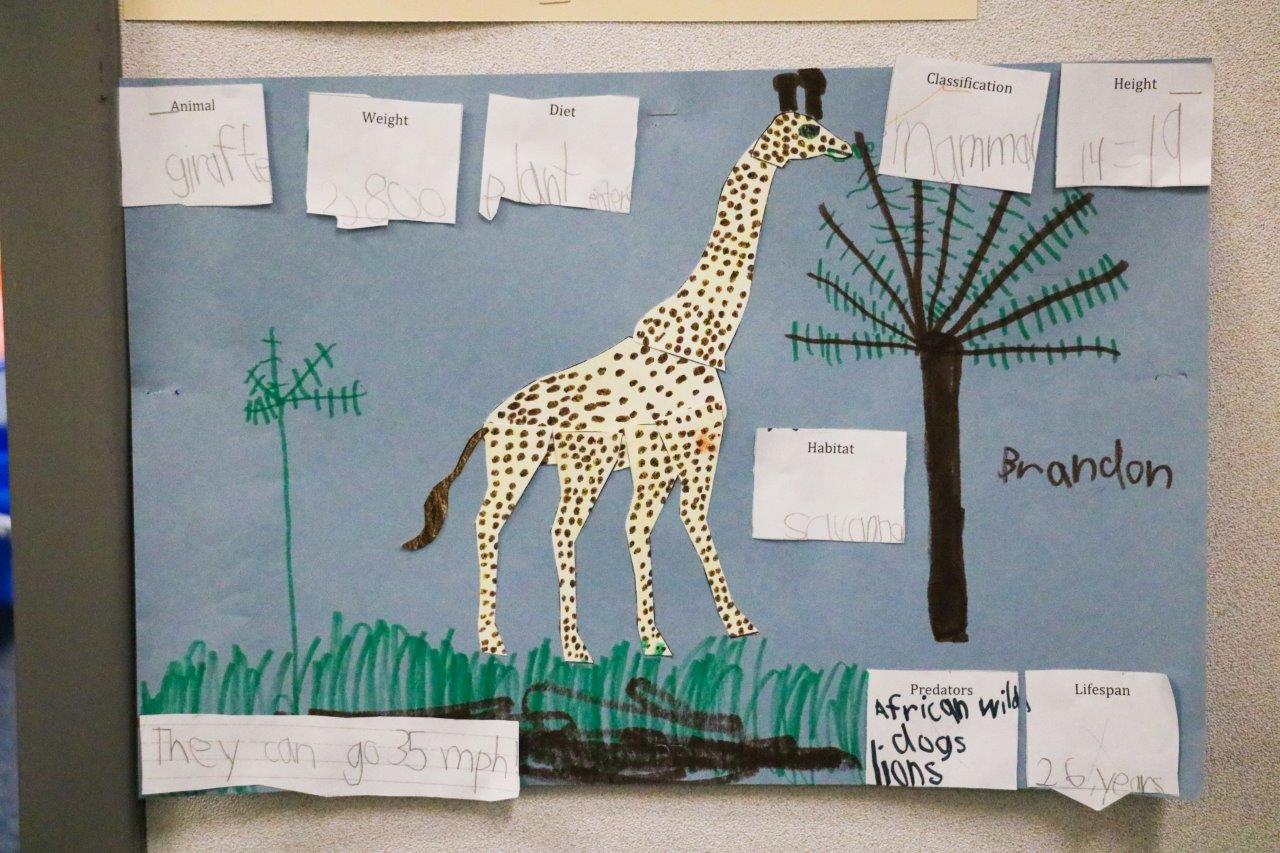
The 1st graders created an African safari on the walls of the Lower School hallway -- complete with animal displays, books they wrote about Africa, cut-out explorers, an entire Maasai village and an African savanna game park full of colorful animals! See photo galleries of the Safari Display and of the Maasai Village and Game Park posters full of details about life in Kenya.
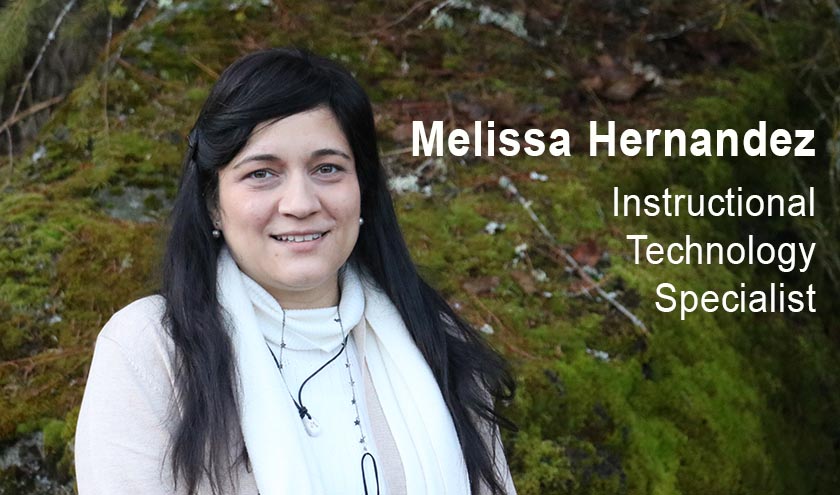
Please welcome Melissa Hernandez to Saint George's School as the new Instructional Technology Specialist. This is a new position with a direct impact on classroom learning in this time of increased reliance on technology.
Melissa will be working out of the IT department and assisting students and teachers K-12 with IT infrastructure. She has moved from Puerto Rico, where she held a similar position. Her responsibilities will include troubleshooting computer, network, and software problems; working one-on-one with students to teach how to use instructional technology; work with teachers to test and pilot instructional technologies; and teach workshops and classes on instructional technologies and their uses. Welcome, Melissa!
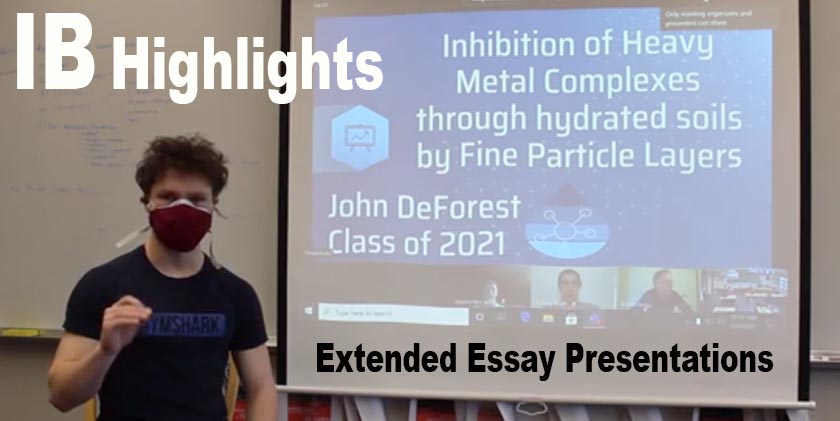
On Tuesday, February 2nd, 16 senior IB Diploma candidates talked about their IB Extended Essays to juniors who are starting to plan their own Extended Essays. It was an opportunity to ask questions about the process of researching and writing a 4,000-word paper and to celebrate what the seniors have accomplished. Each senior spoke for five minutes and then answered questions for another five minutes.
Watch videos of three of their presentations -- Chaitanya Nalluri (Social Studies) on the current political climate in India, John DeForest (Chemistry) on biochemical processes that could isolate heavy metals, and Gabi Cunningham (Spanish) on an indigenous Mexican character in modern literature.

An SGS senior has used the International Baccalaureate Diploma Programme to investigate the effects of the U.S.-China trade war on consumers in this country.
Extended Essay Highlight: Senior Clark Chen’s EE question was: "How did the U.S.-China trade war impact the consumer’s regular expenditure regarding apparel and footwear in the United States?" Clark wants to pursue Business classes in college and felt like this topic would help him understand the concepts better. He says, “The impact of a trade war between two biggest countries in the world do not only negatively or positively affect the two countries that engaged into the trade war. At the same time, it also impacts the smaller economies, like some firms and countries. In order to do the research, I choose to narrow it down to only basic products in the stores, excluding big products like houses, cars, etc."
CAS Experience Highlights: CAS experiences for all of our Upper School students (in the US and in China) include skiing for the first time, putting together and delivering donations to the MLK center in Spokane, baking a cake, chopping down trees, doing yoga, practicing meditation, practicing basketball, programming, cooking, making a custom sweatshirt, playing soccer, taking photos, creating an infectious disease flyer, participating in a horse clinic, demolition on a kitchen, wake surfing, participating in the winter rover float, running GLOW club, helping a neighbor cut a fallen tree, making cloud lights, creating a photo wall, writing for the literary magazine, creating a self-care menu, playing violin, kayaking, moving furniture, learning to cook, helping clean a church, making cake pops, tutoring mother in chess, making autumn pear paste, working in a cattery, drawing, making cookies, surfing in Sanya, testing environmental Covid samples, writing a MLK essay, snowboarding, and helping with the 2nd grade bubble project.
IB Question of the Week: How can we see what students around the world are doing in IB Art?
The IB says: “Our IB community is continuing to share artwork online via #IBart. You can now view their creative work via our IB network to celebrate and support them online... The IB has decided to launch a dedicated page using #IBart to further circulate all of the artwork being produced. By adding a location to your post on Twitter or Instagram, it will enable us to create a map of all the work taking place around the world, keeping our IB community well connected.
"We would like to make our students aware that using #IBart to showcase artwork will not impact or influence the grading of the artwork itself. Instead, it can be used to inspire and grow our IB community by raising awareness of creativity digitally and globally. If you would like to explore the artwork currently being circulated, please visit our dedicated exhibition page.”
IB Overview: The Diploma Programme (DP) curriculum for grades 11-12 is made up of six subject groups and the DP core, comprising Theory of Knowledge (TOK), Creativity, Activity, Service (CAS) and the Extended Essay (EE). Please refer to our IB webpage and to the IB Resources page in PowerSchool Learning for detailed IB information.
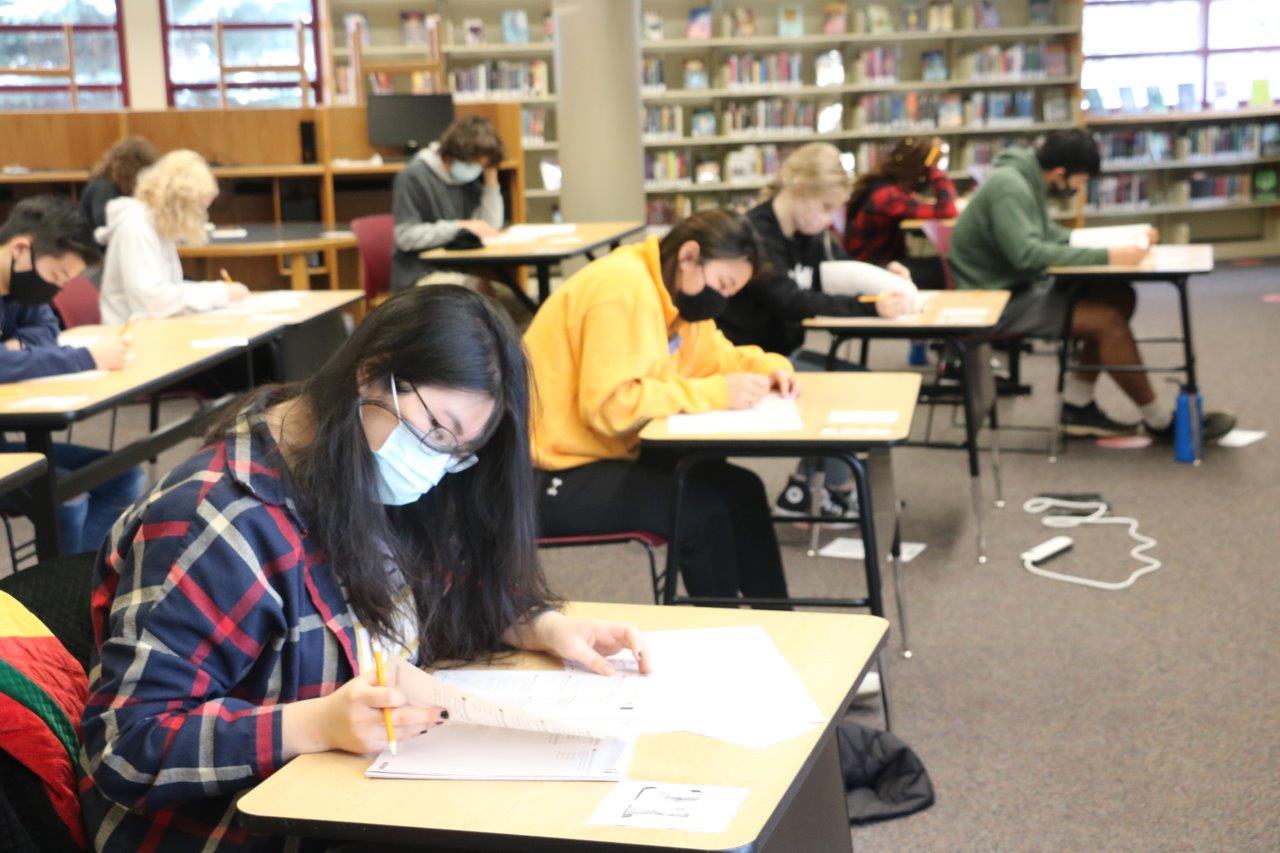
SGS 8th through 11th graders took the PSAT test on Jan. 26. See a Photo Gallery of them hard at work. Top scores qualify students for National Merit Scholarships.
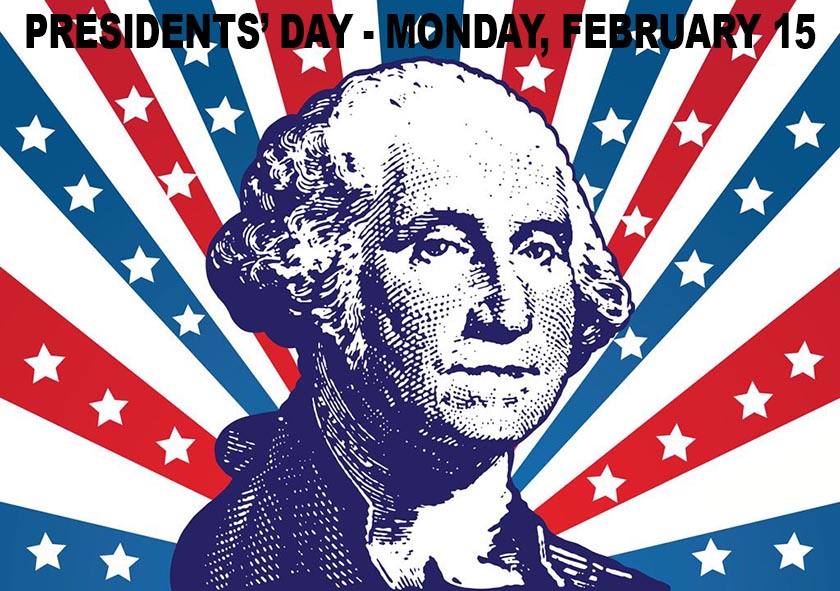
Saint George's School will be closed on Monday, February 15 in celebration of Presidents' Day. Enjoy the long weekend!
.jpg)
Congratulations to the SGS Spokane Scholars candidates for 2021. These seniors combine top grades and innovative projects or accomplishments in six different fields. They are Gabi Cunningham (World Languages), John DeForest (Sciences), Reagan Ivey (Arts), Chaitanya Nalluri (English), Winnie Wu (Social Studies), and Henry Xu (Math). They will join seniors from all local high schools competing for up to $4,000 in scholarship funds at the Spokane Scholars event in April. Go Dragons!
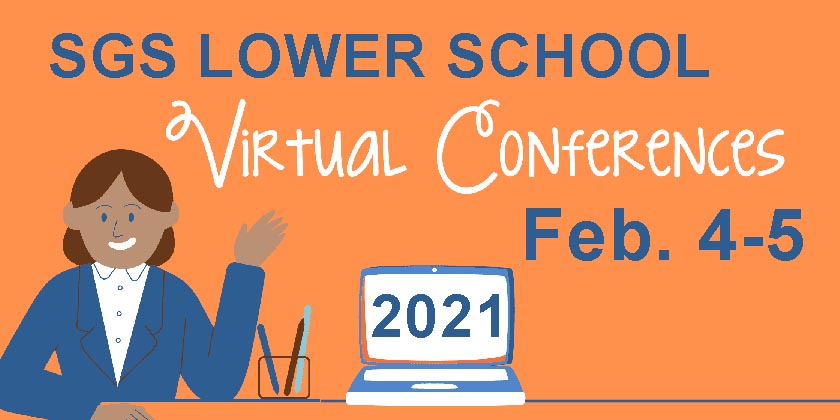
Lower School teachers have been busy preparing report cards and getting student work put together to share during the Virtual Parent-Teacher Conferences this week on Thursday, Feb. 4 and Friday, Feb. 5. For parents who have signed-up, you should have received an email from Melanie Gee with instructions on how to access your 25-minute virtual conference on Microsoft Teams. Your child's classroom teacher will also have pertinent conference information on their classroom PowerSchool Learning page. Students in grades 4 and 5 will join the virtual parent-teacher conference. Student report cards will be electronically emailed to parents on Tuesday, Feb. 2. We ask that parents do not contact teachers before conferences to discuss the report card. There are no classes for grade K-5 on Feb. 4 and 5.
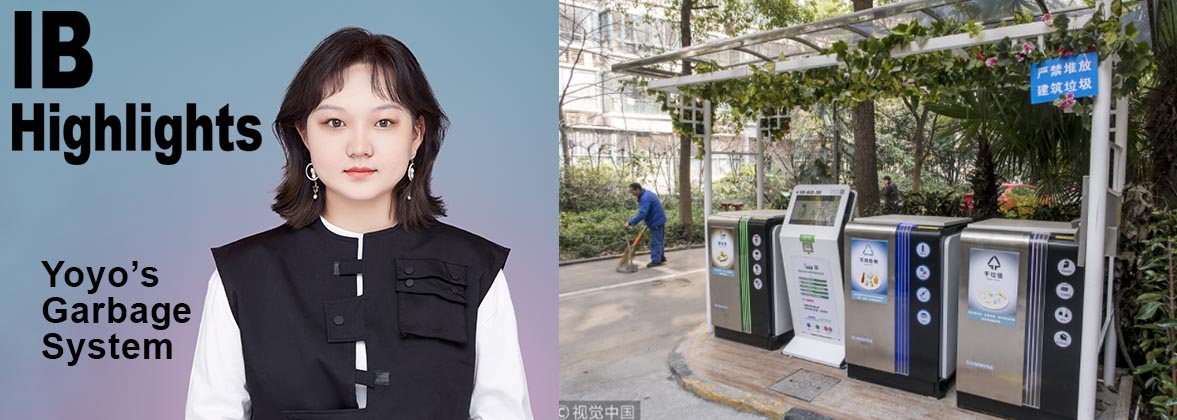
An SGS senior has used the International Baccalaureate Diploma Programme to develop a garbage classification system for her neighborhood in China.
CAS Project Highlight: Senior Yoyo Yang organized a garbage classification in her neighborhood community in China. She first called the property management company of her community to ask if they were willing to help her. They told her it was a great idea, and the Chinese government is actually encouraging communities to do garbage classification. She helped them obtain three garbage cans: one for kitchen garbage, one is for recycling, and one is for other garbage. To get everyone started, she had to monitor the cans and teach her neighbors about how to separate trash into the different cans. From this project, Yoyo learned about planning and working with others. She had been living in her neighborhood for a long time, but it was the first time that she got to know so many neighbors. Her learning outcomes included demonstrating how to initiate and plan a CAS experience, recognizing the benefits of working collaboratively, and engaging with issues of global significance.
CAS Experience Highlights: CAS experiences for all of our Upper School students (in the US and in China) include participating in Lifetime Sports, doing ESL tutoring, creating a paint by number, cooking dinner for friends and family, doing an Enemy of the People translation into Chinese (not a course project, just a personal project), skiing, embroidering, a winter river float, attending dance class, helping a friend with MS, teaching dance, doing yoga, helping a sibling with Math, sewing shoes, personalizing jackets, participating in the Community Service Club, participating in the Diversity Club, participating in the Glow Club, custom clothing, making churros, and participating in the Writing Center.
EE Highlight: Presentations
On Tuesday, February 2nd, the seniors will be presenting their Extended Essays during B Block (Core Class). We are asking the incoming junior EE students to be the audience for those presentations to both celebrate what the seniors have accomplished and to gain some insight into the EE process. Juniors, this is a great chance to learn from people who have just finished their EEs. As much as possible, we’d like you to be there in person to ask questions and support the seniors.
IB Overview: The Diploma Programme (DP) curriculum for grades 11-12 is made up of six subject groups and the DP core, comprising Theory of Knowledge (TOK), Creativity, Activity, Service (CAS) and the Extended Essay (EE). Please refer to our IB webpage and to the IB Resources page in PowerSchool Learning for detailed IB information.

Latest News | Page 2 | Page 3 | Page 4 | Page 5 | Page 6 | Page 7 | Page 8 | Page 9 | Page 10 | Page 11 | Page 12 | Page 13 | Page 14 | Page 15 | Page 16 | Page 17 | Page 18 | Page 19 | Page 20 | Page 21 | Page 22 | Page 23 | Page 24 | Page 25 | Page 26 | Page 27 | Page 28 | Page 29 | Page 30 | Page 31 | Page 32 | Page 33 | Page 34 | Page 35 | Page 36 | Page 37 | Page 38 | Page 39 | Page 40 | Page 41 | Page 42 | Page 43 | Page 44 | Page 45 | Page 46 | Page 47 | Page 48 | Page 49 | Page 50 | Page 51 | Page 52 | Page 53 | Page 54 | Page 55 | Page 56 | Page 57 | Page 58